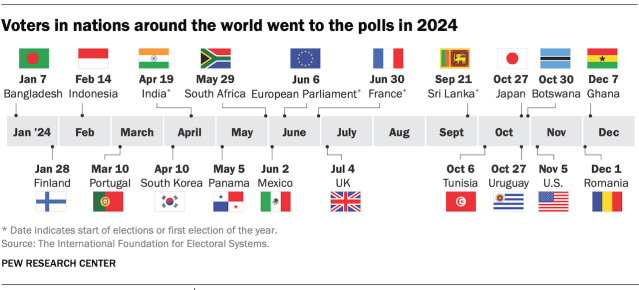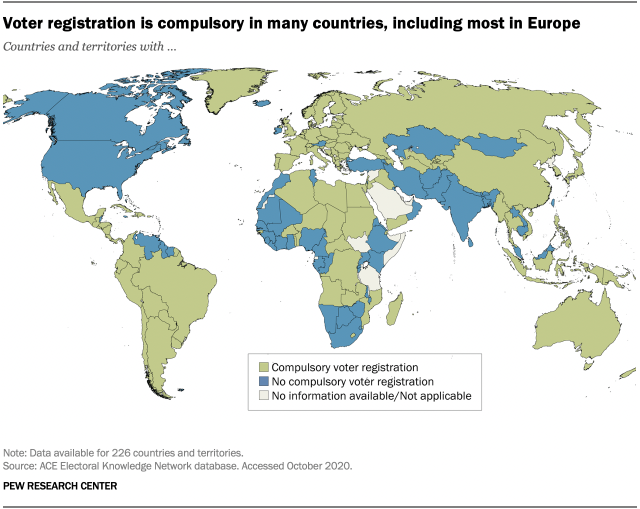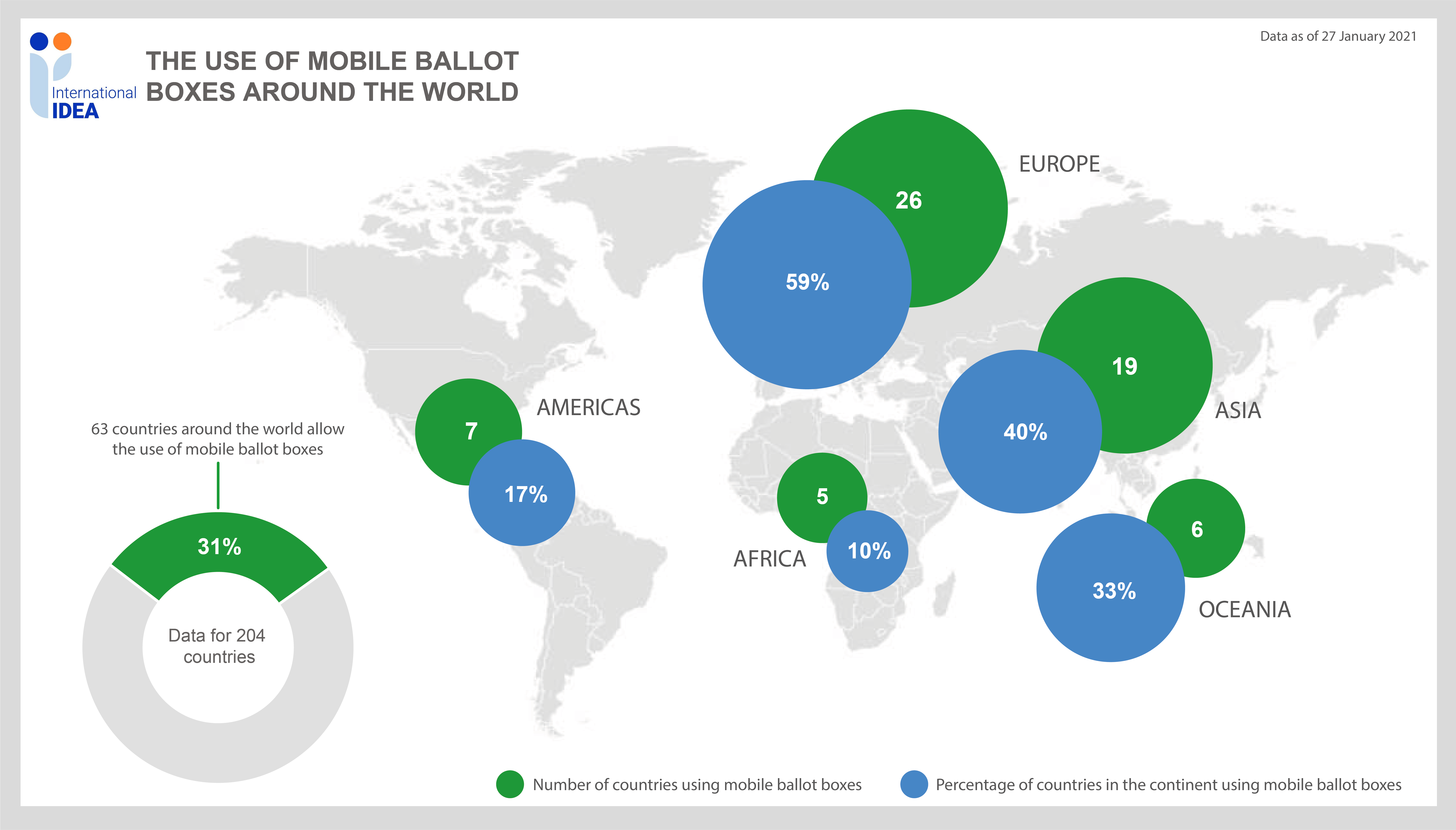Early Voting Practices Around the World
Early voting has become an increasingly important component of electoral systems globally, offering voters greater flexibility and accessibility. This practice allows citizens to cast their ballots before the official election day, accommodating various personal and professional constraints that might otherwise prevent participation.
The implementation of early voting varies significantly across different jurisdictions, with some countries offering extensive early voting periods while others maintain more limited options. Factors such as population density, geographic challenges, and administrative capacity all influence how early voting systems are designed and implemented.
Research indicates that early voting can significantly impact voter turnout, particularly among working populations, elderly citizens, and those with mobility challenges. The convenience factor often translates to higher participation rates, contributing to more representative electoral outcomes.


.png)
